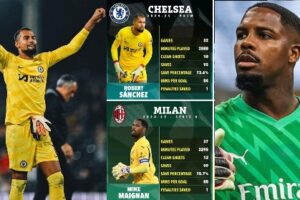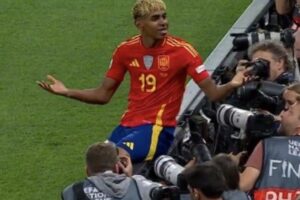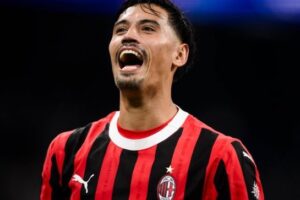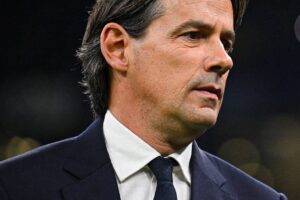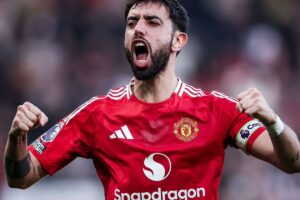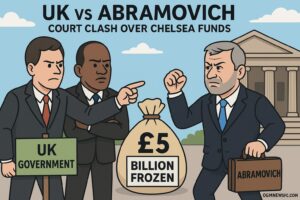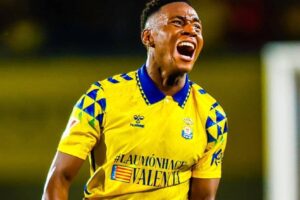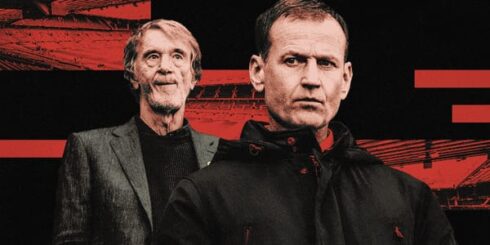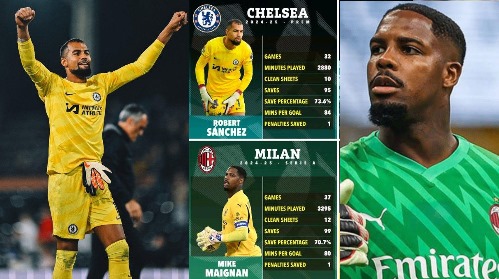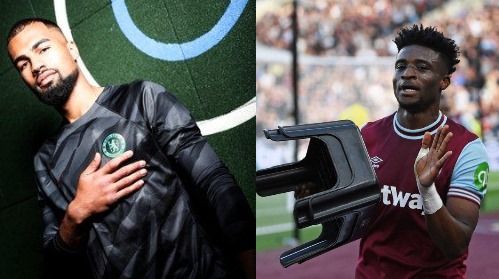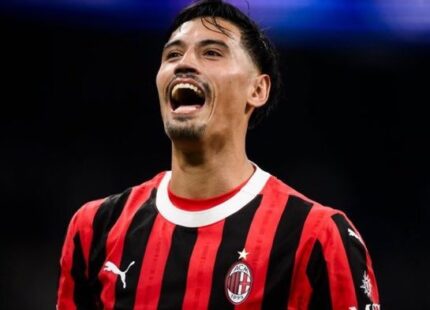Manchester United have reportedly scrapped their sporting director role following the dismissal of Dan Ashworth just five months into his tenure. The decision, spearheaded by Sir Jim Ratcliffe and Sir Dave Brailsford in consultation with co-owner Joel Glazer, came shortly after Manchester United’s 3-2 home defeat to Nottingham Forest.
Ashworth, who was recruited from Newcastle United in July for £3 million, was relieved of his duties during a meeting with United CEO Omar Berrada. While the club insists the separation was mutual, insiders reveal it was a strategic move by Ratcliffe to streamline decision-making as his Ineos group assumes greater control of the club.
Ratcliffe and Team to Oversee Transfer Responsibilities
With Ashworth’s departure, Manchester United has decided to eliminate the sporting director role entirely. Instead, Ratcliffe, Brailsford, Berrada, and technical director Jason Wilcox will collectively manage the responsibilities. This structural shift comes just weeks before the January transfer window, signaling a bold and potentially risky strategy for the club.
Sources close to the club Manchester United revealed that Ashworth will receive a pay-off, though the amount will be less than the initial fee spent to acquire him. Despite the sudden dismissal, club officials praised Ashworth for his professionalism and integrity during his short stint.
Arsenal and Everton Eye Ashworth as Replacement
Ashworth’s expertise has already attracted attention from Premier League rivals. Arsenal is reportedly considering him as a replacement for Edu, their outgoing sporting director. His close working relationship with Arsenal managing director Richard Garlick, established during their time at West Brom, is believed to be a key factor in Arsenal’s interest.
Meanwhile, Everton has also been linked with Ashworth as they seek to bolster their football operations. The former FA director’s proven track record in talent acquisition and organizational management makes him a highly coveted figure despite his abrupt departure from Old Trafford.
Rio Ferdinand Reacts to Ashworth’s Exit
Manchester United legend Rio Ferdinand expressed shock at Ashworth’s dismissal, describing it as indicative of the ruthlessness of Ratcliffe’s leadership. In a video shared on his X account, Ferdinand called for similar decisiveness in addressing underperforming players within the squad.
“Confusion is the first thing that comes to mind,” Ferdinand remarked. “I just hope they’re this brutal with the players who aren’t good enough. For better or worse, at least they’ve made a bloody decision.”
Ferdinand also highlighted recent changes at the Manchester United, including layoffs and ticket price hikes, emphasizing the definitive nature of Ratcliffe’s approach.
Implications for Manchester United’s Future
The abolition of the sporting director role marks a significant shift in Manchester United’s operational structure. While Ratcliffe’s decisive leadership may streamline decision-making, it raises questions about the club’s long-term strategy, particularly as they approach the crucial January transfer window.
Critics argue that the absence of a dedicated sporting director could hinder Manchester United’s ability to navigate the complexities of modern football. However, supporters of the move believe it reflects a broader effort to instill accountability and drive a cultural reset at the club.
As Manchester United grapples with the fallout of Ashworth’s departure, the focus now shifts to Ratcliffe and his team to deliver on their promise of turning the club’s fortunes around.
Industry experts will be closely watching how this restructuring impacts United’s transfer strategy, particularly with the January transfer window approaching. The distributed leadership model proposed by Ratcliffe and his team represents a bold and unconventional approach that deviates from the standard operational practices of most elite football clubs.

